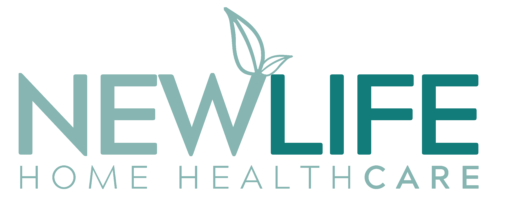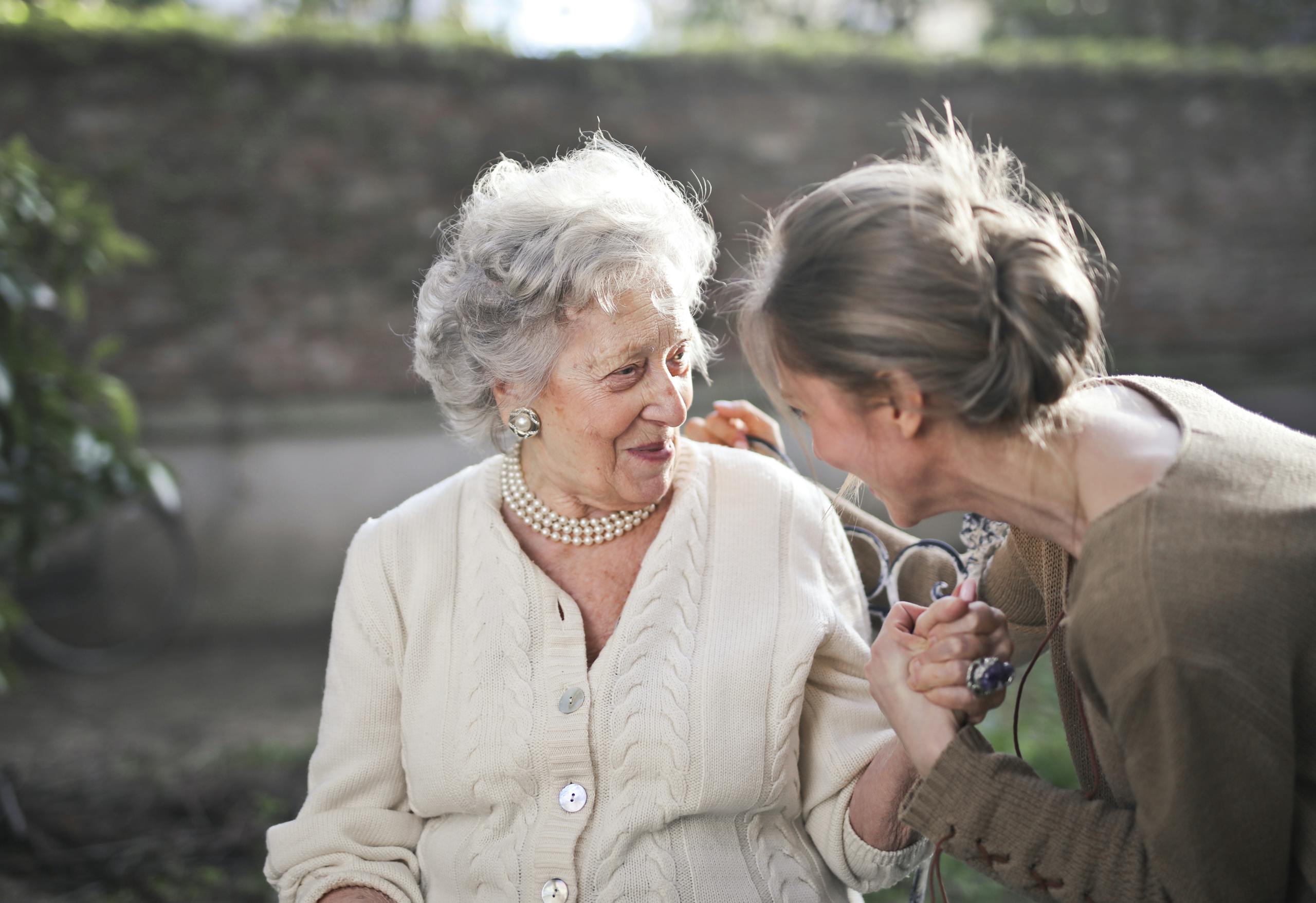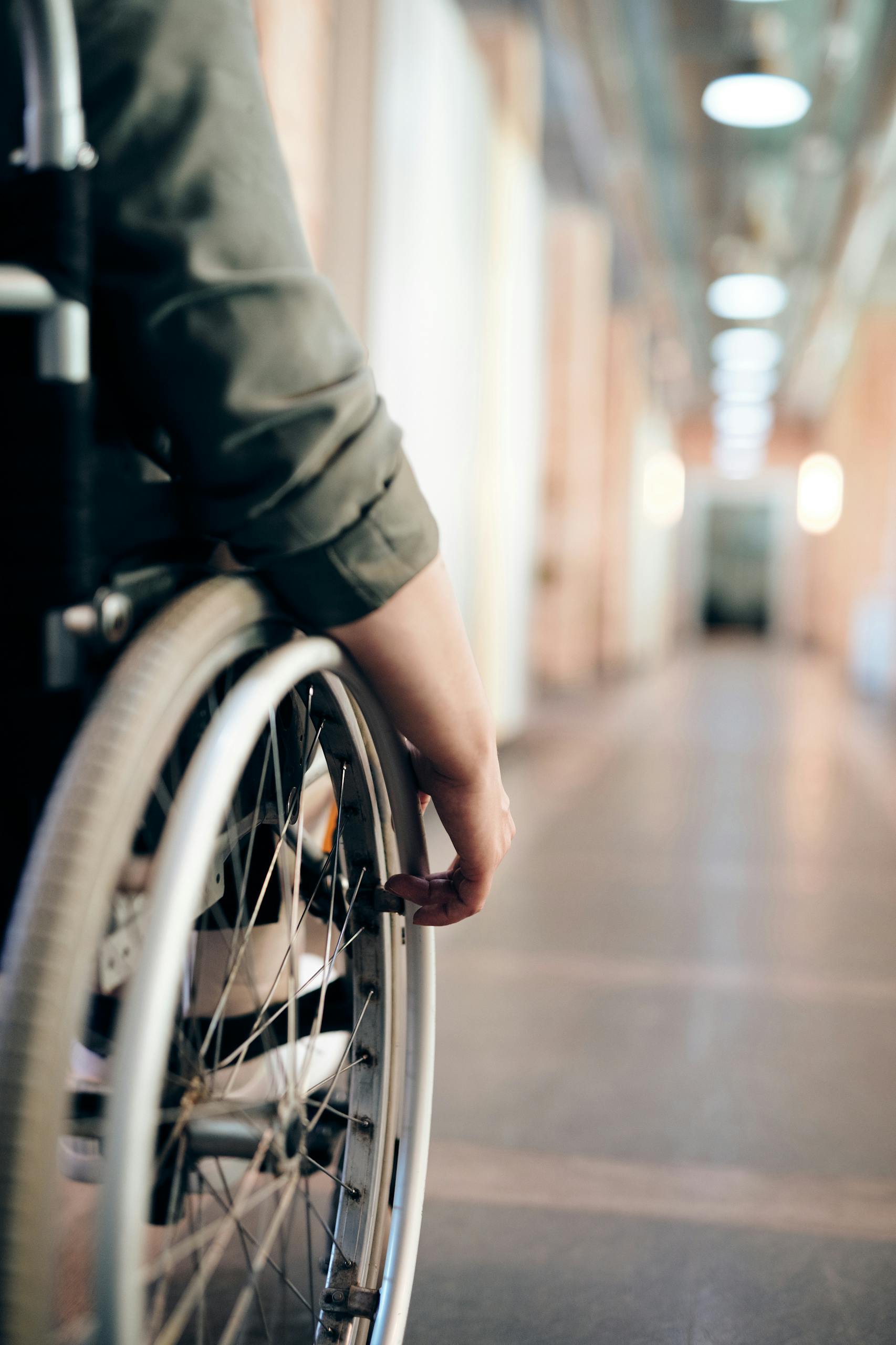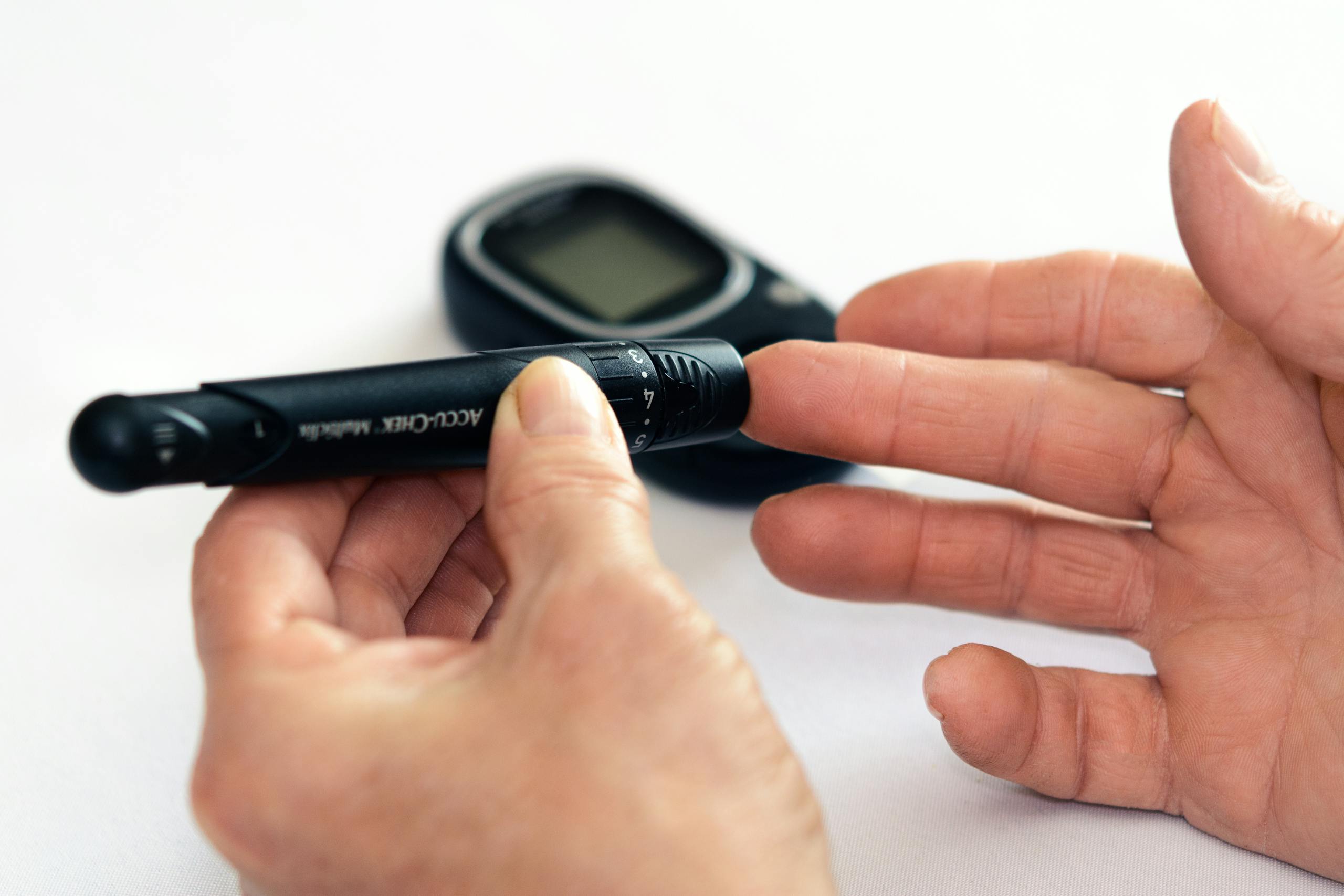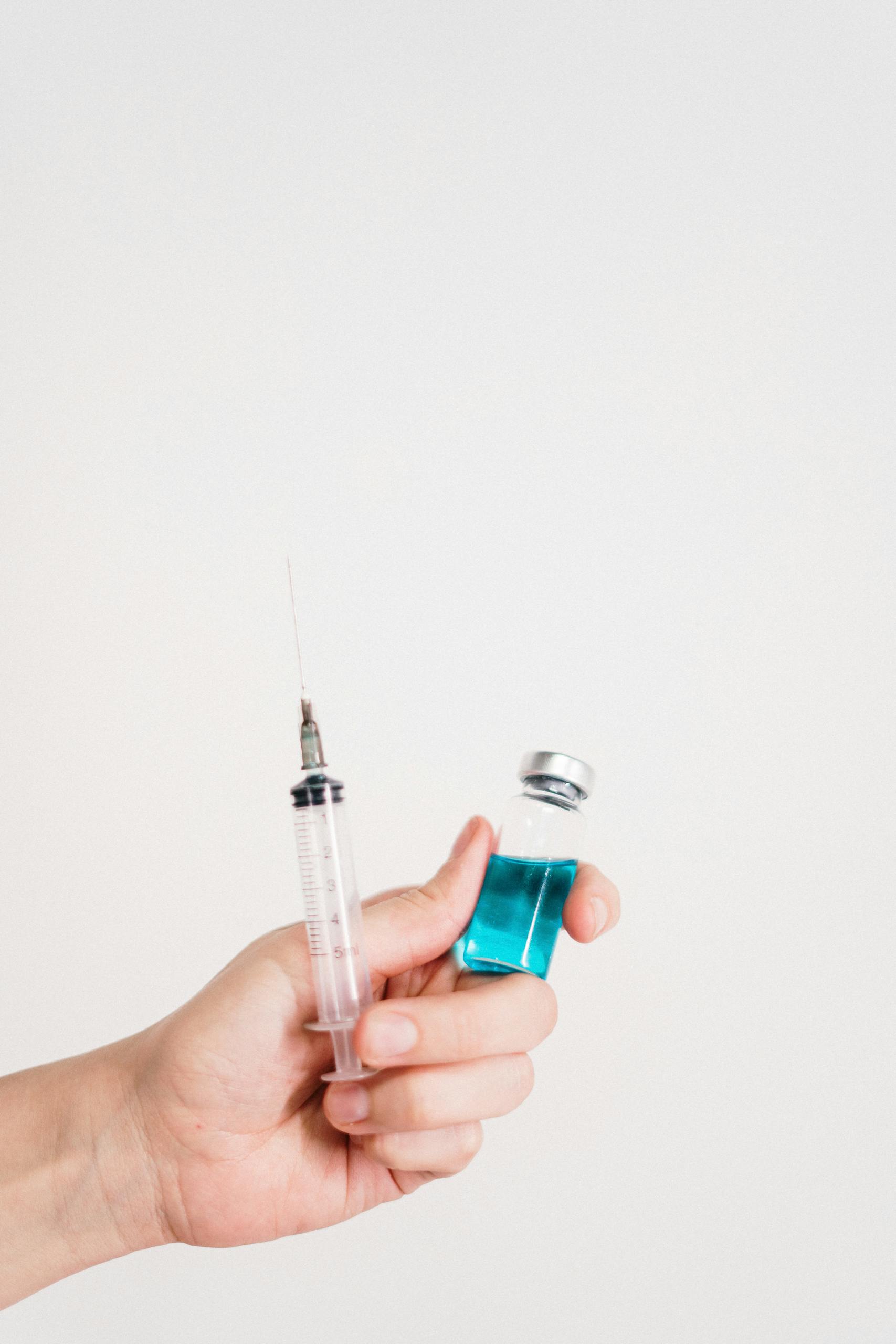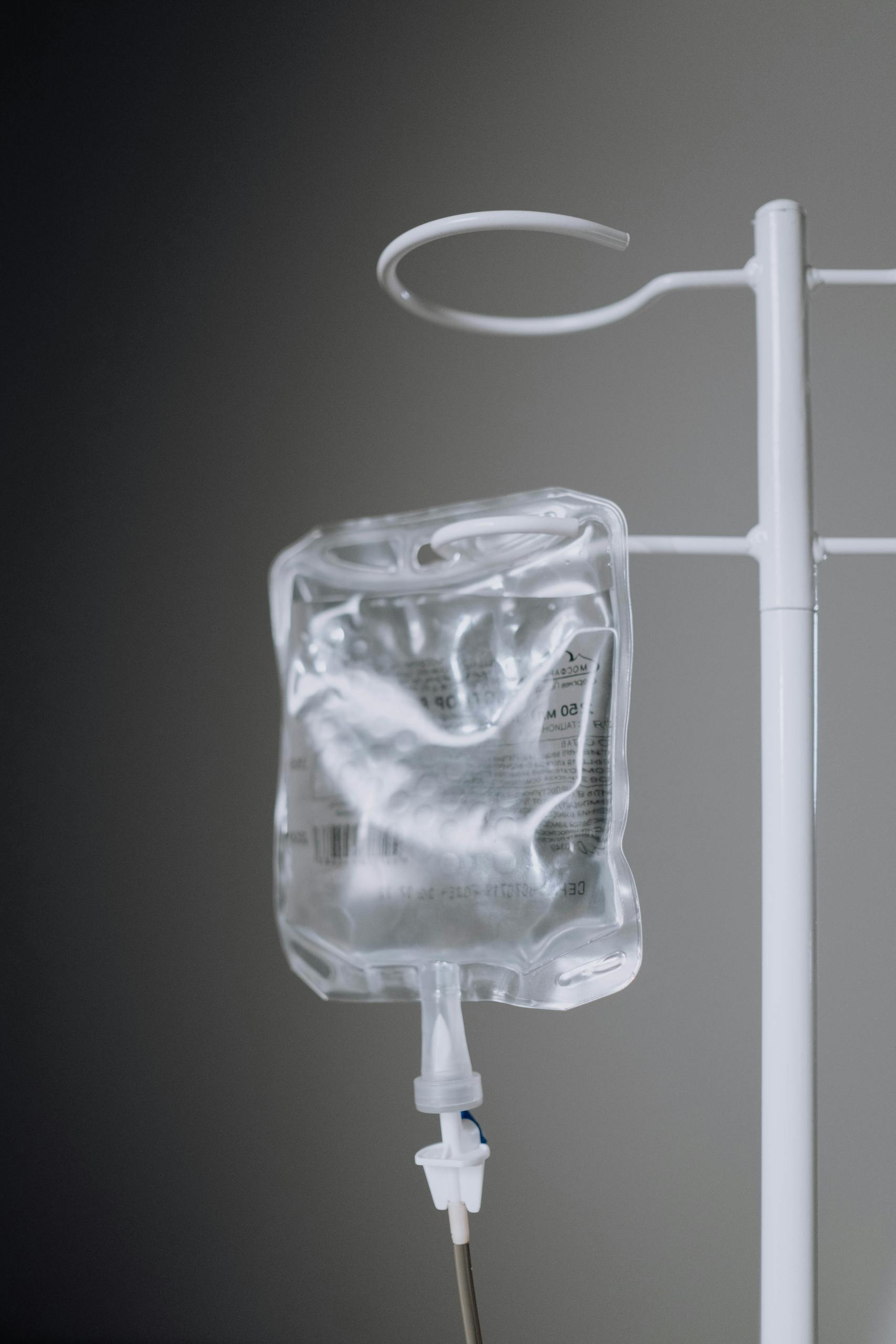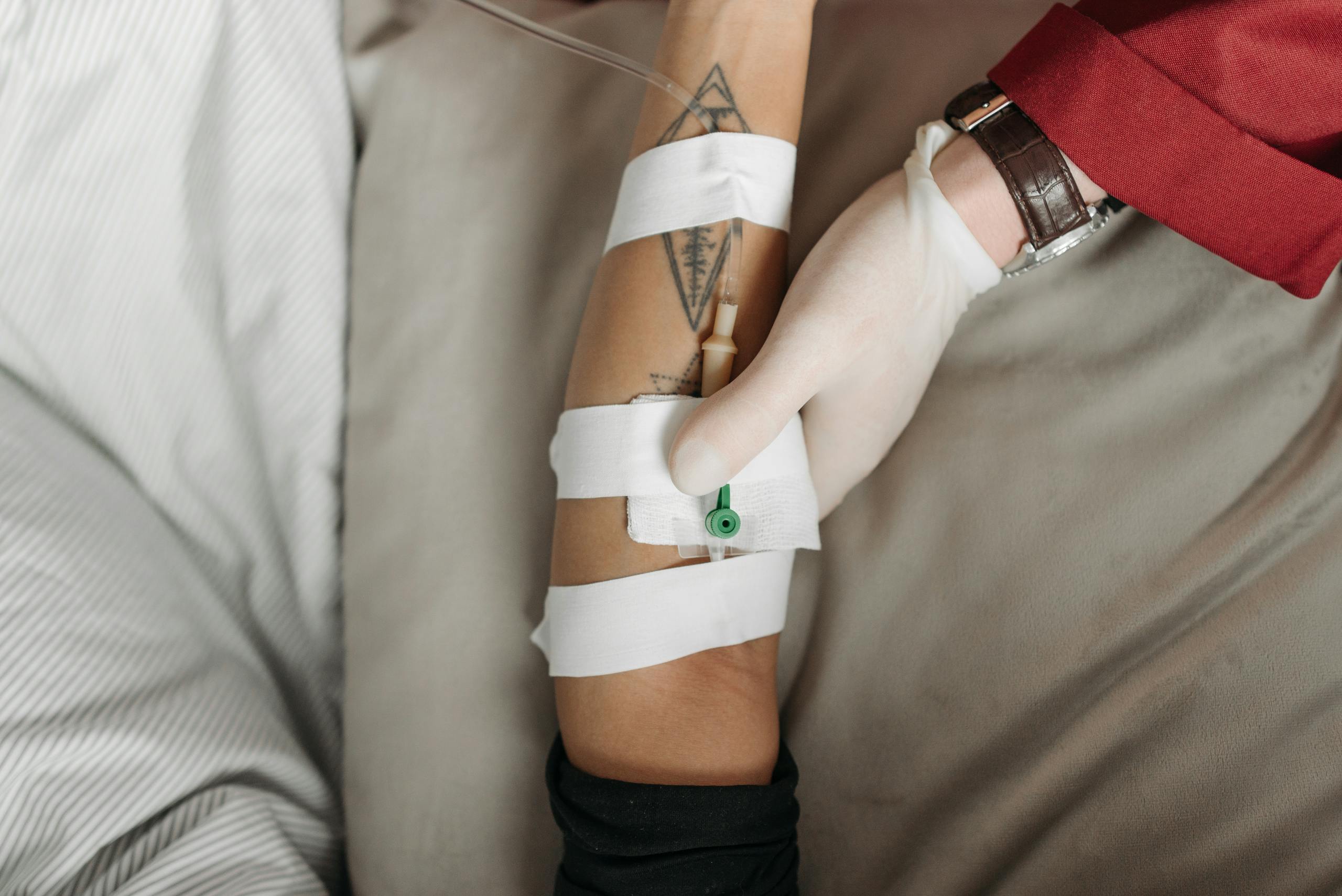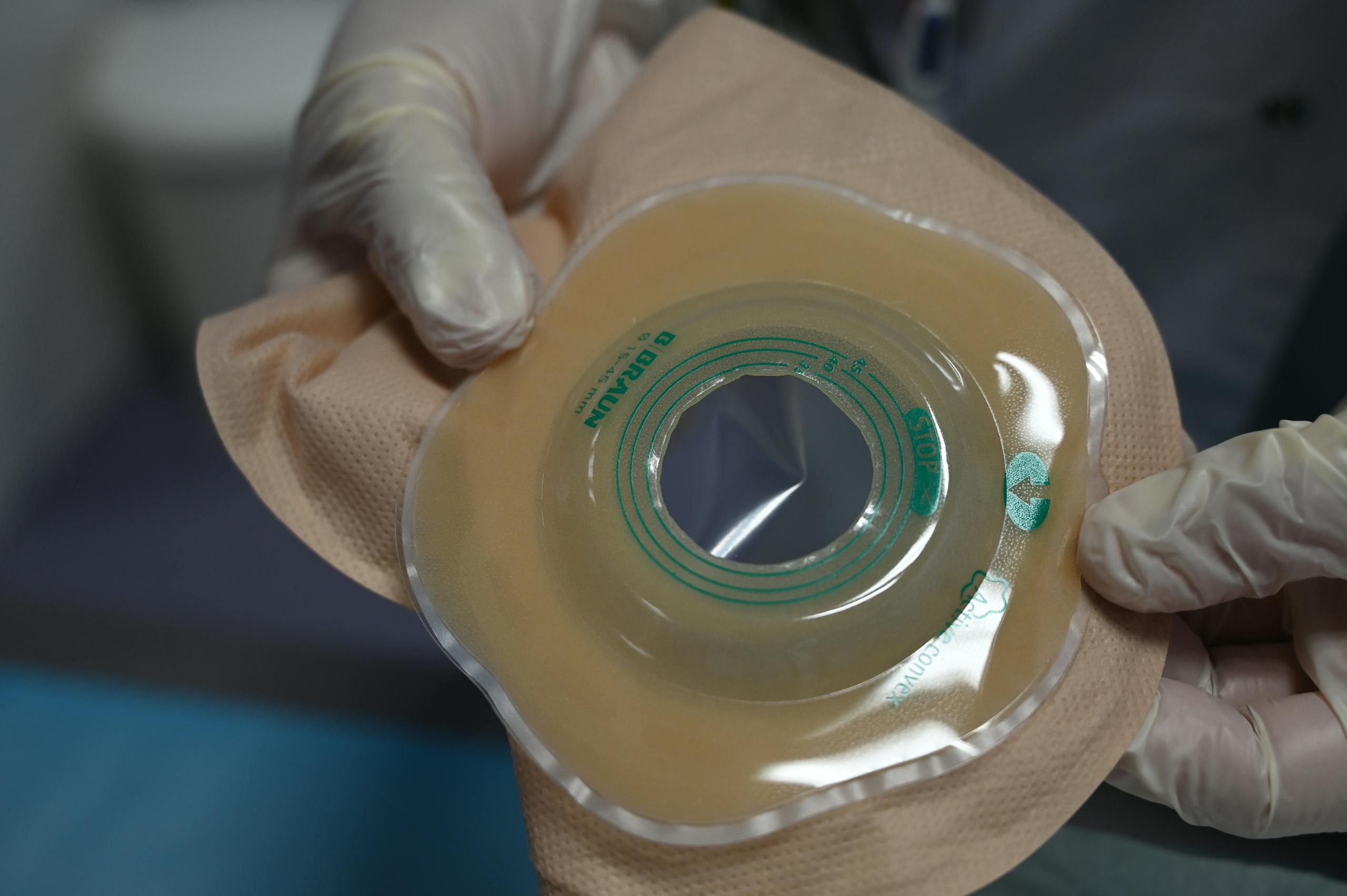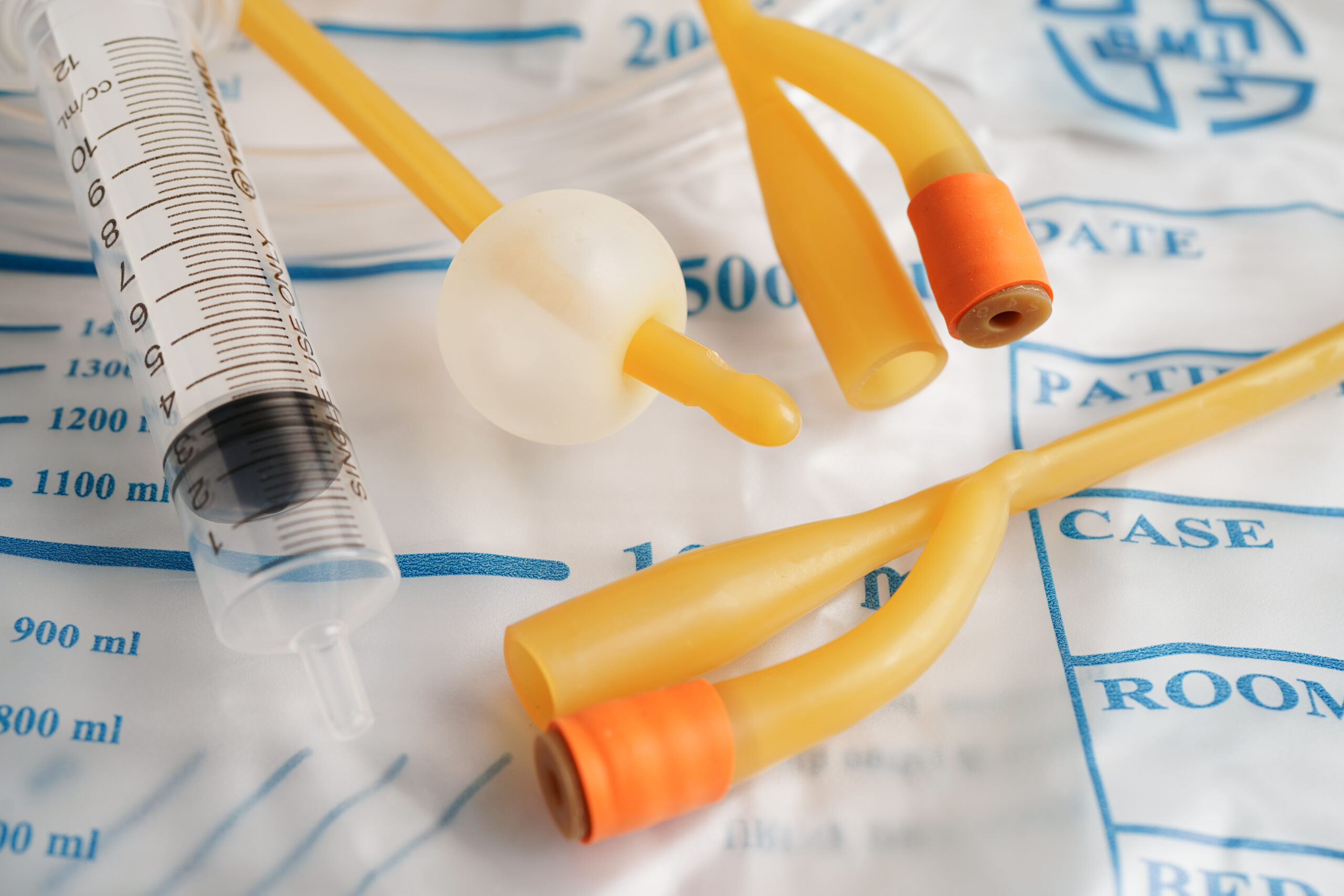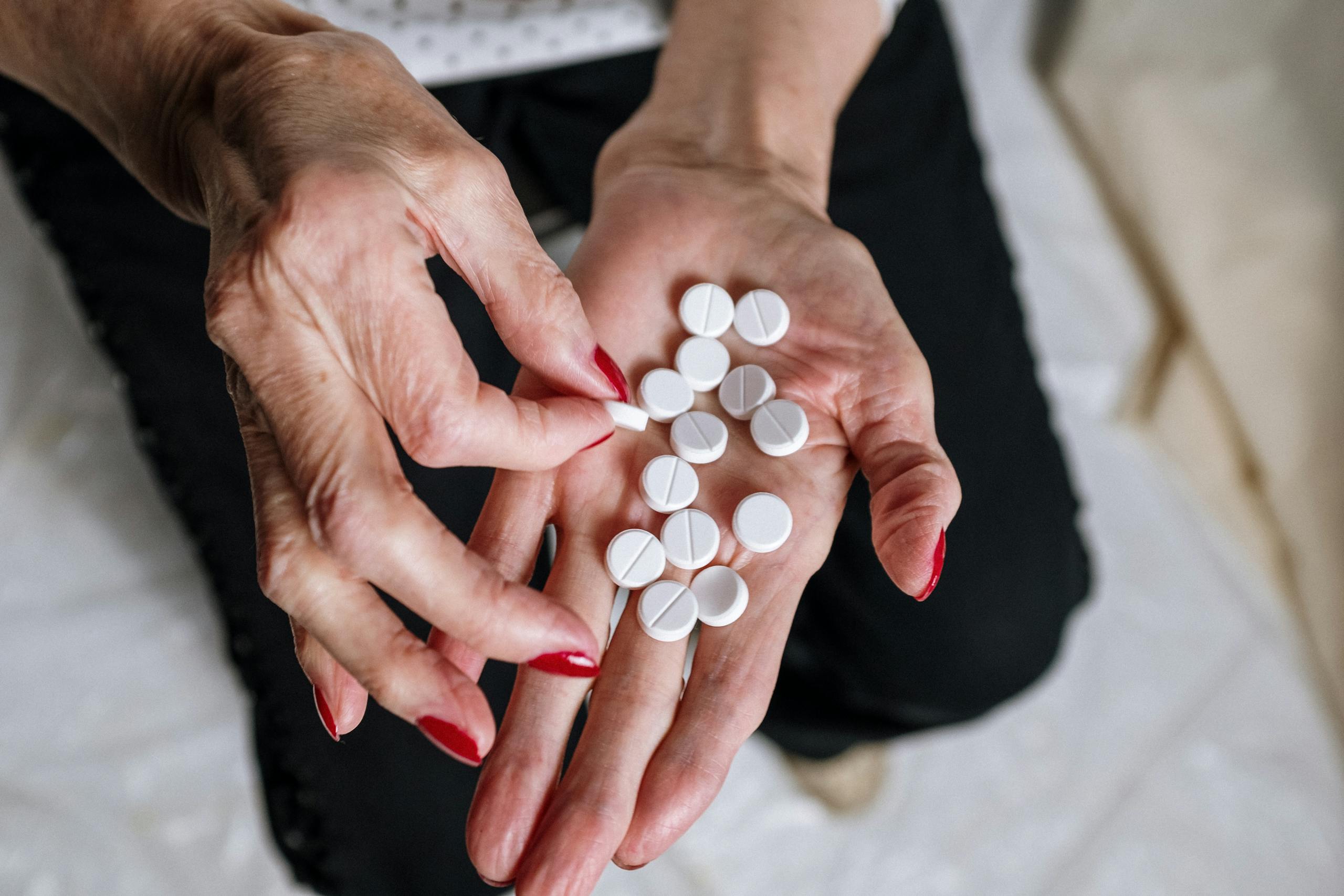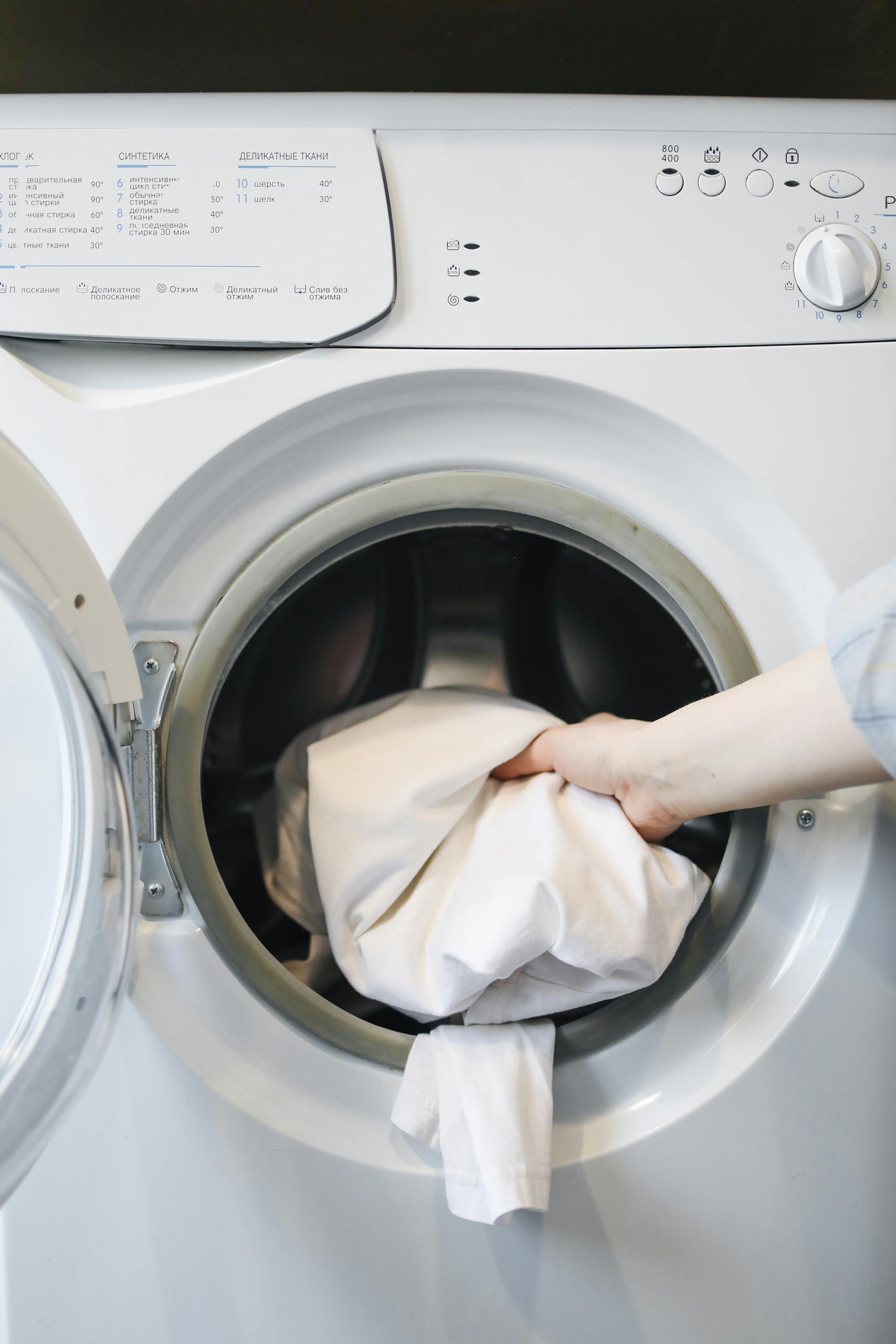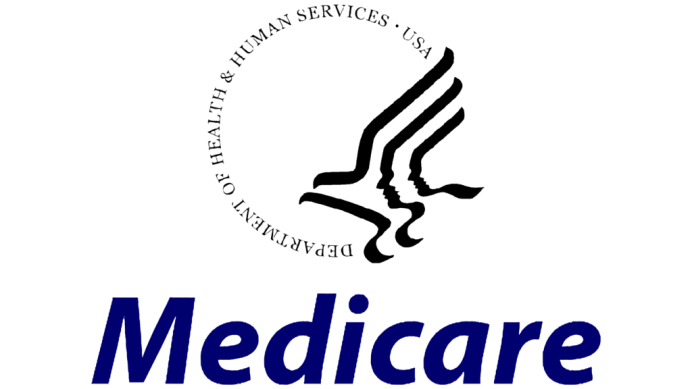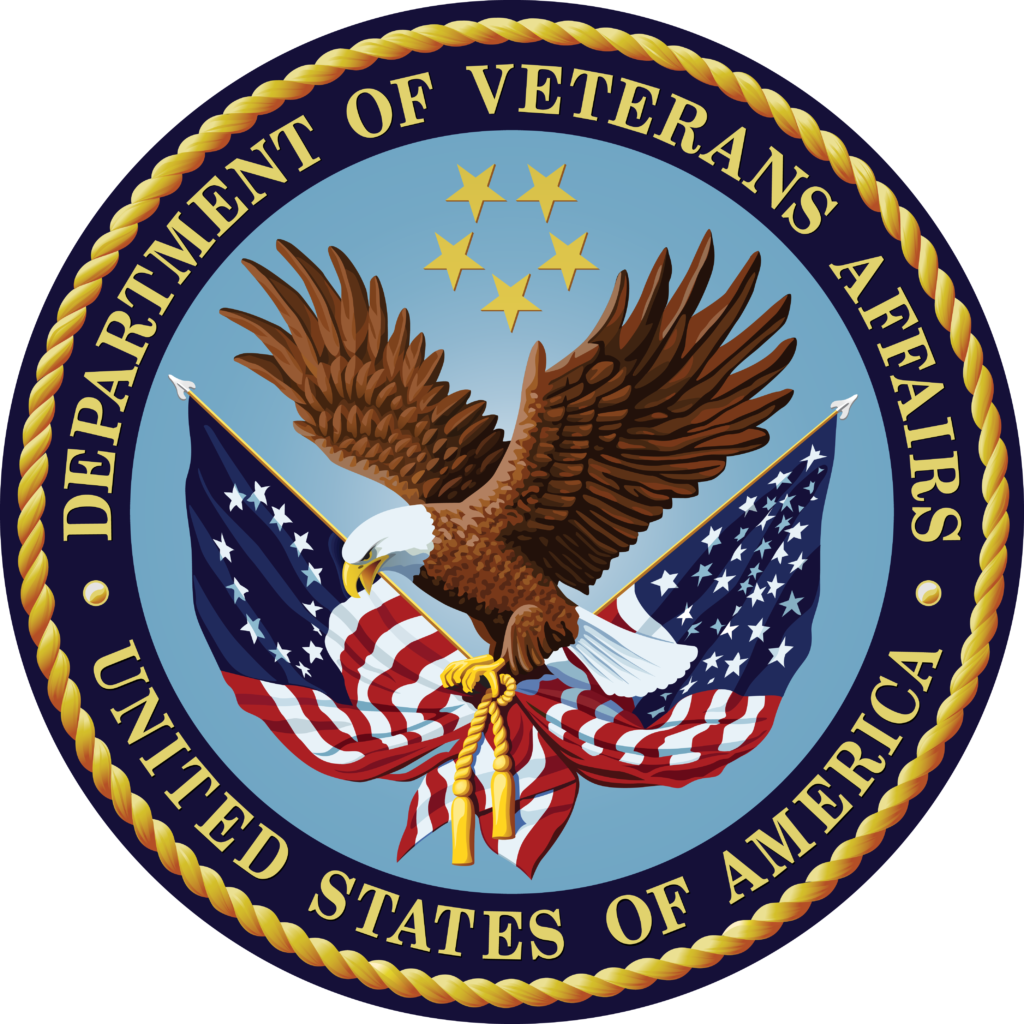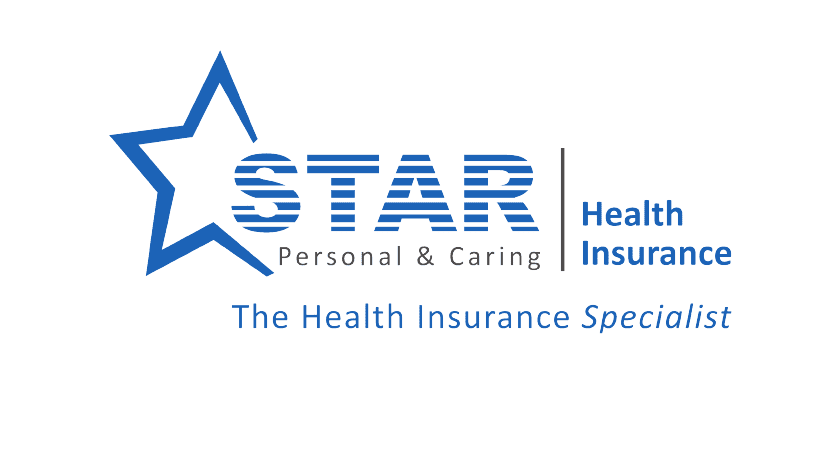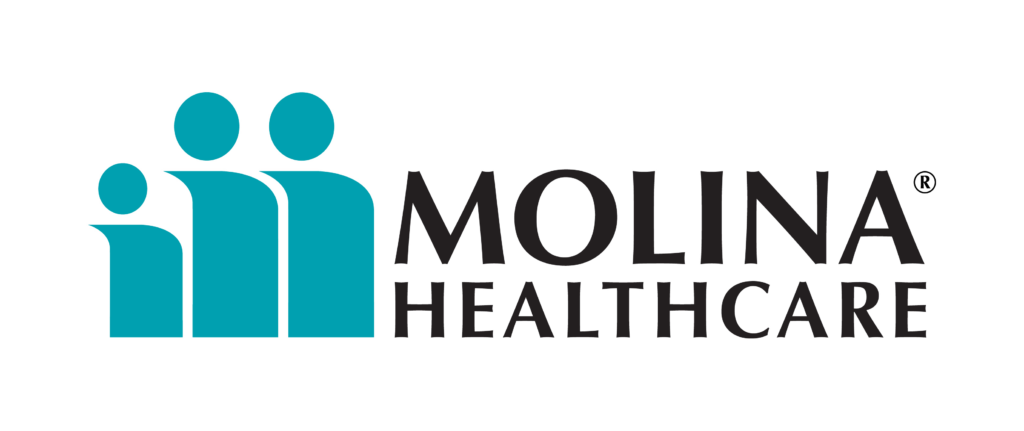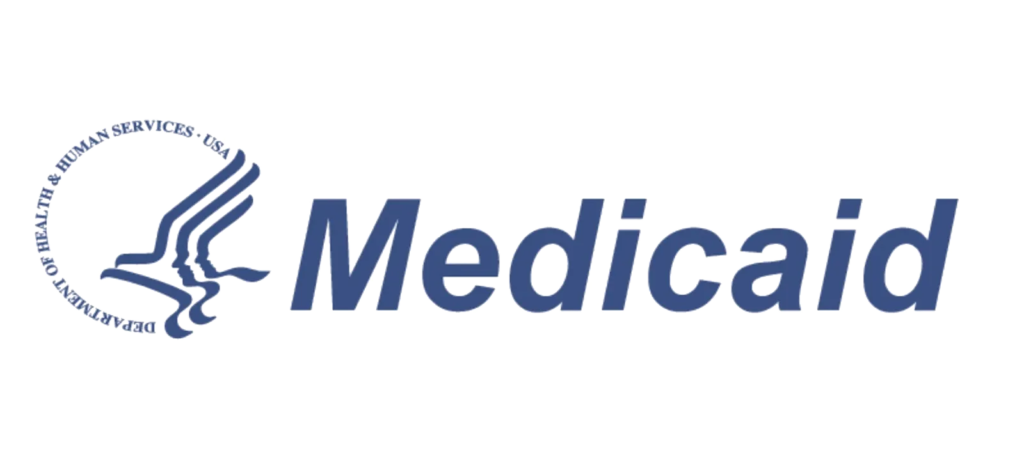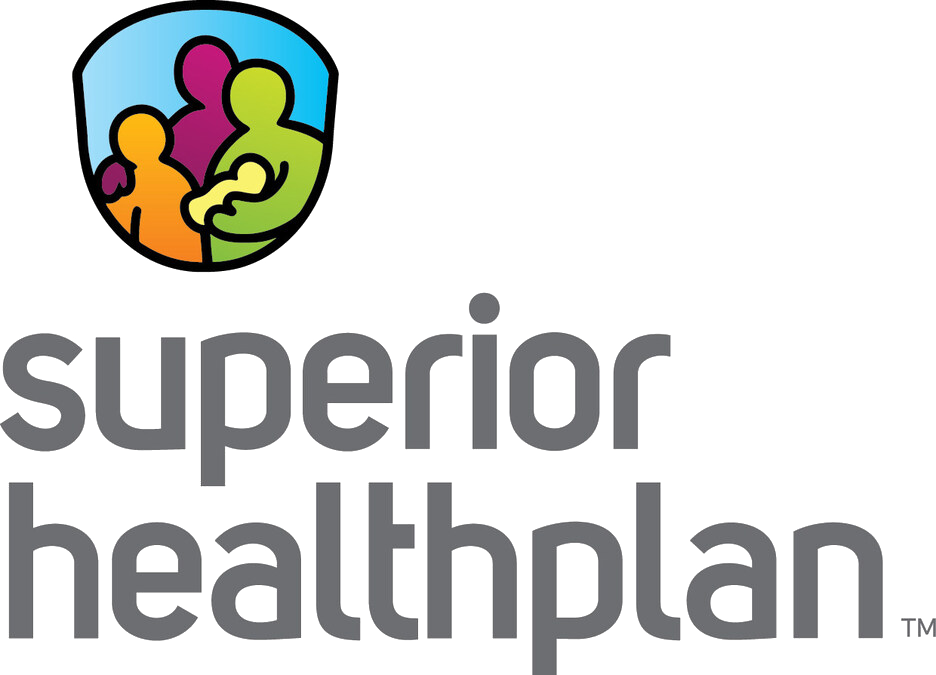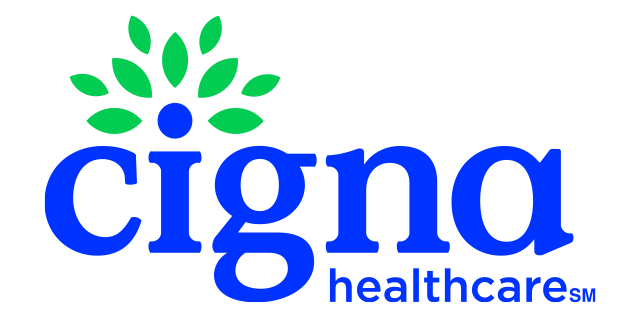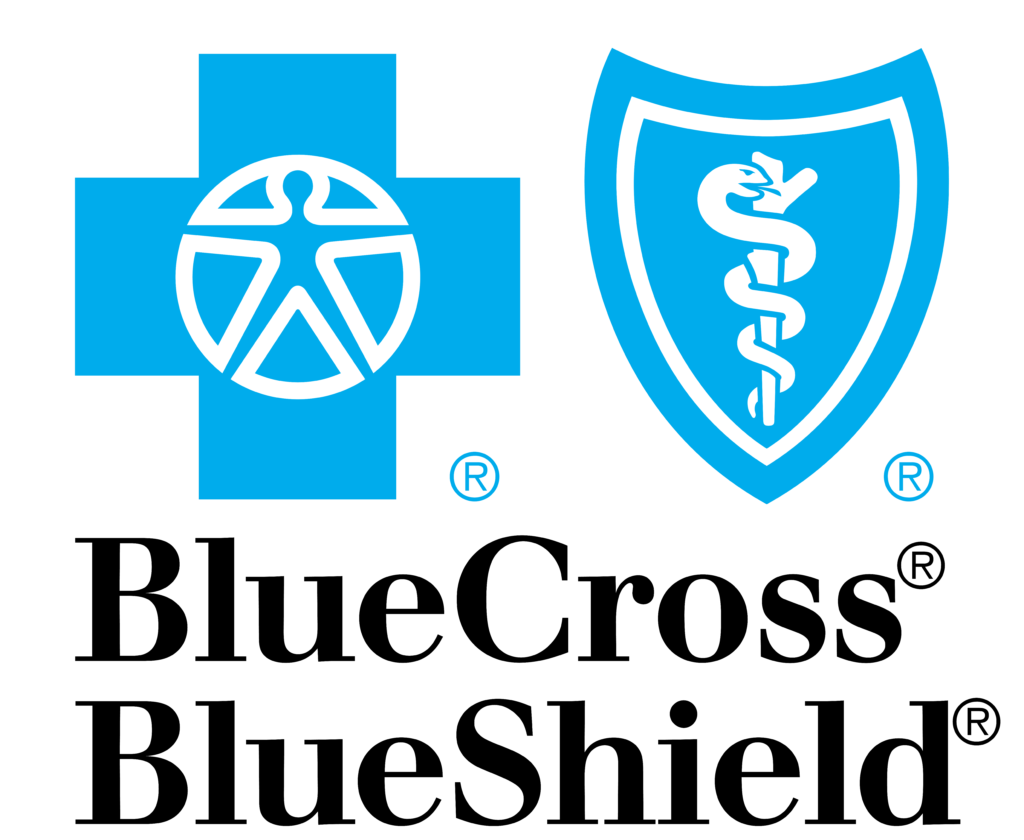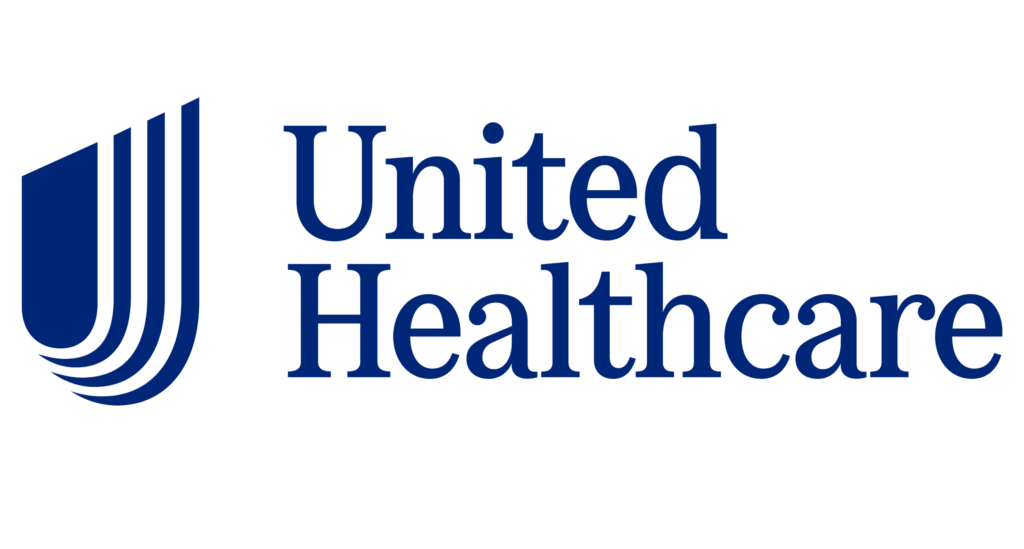Our Services
Committed To Care,
Inspired By Integrity
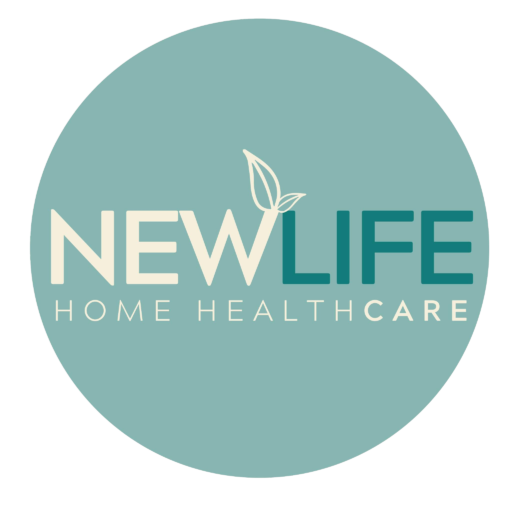
Skilled Nursing
Care given or supervised by registered nurses (LVN). Nurses provide direct care; manage, observe, and evaluate a patient’s care; and teach the patient and his or her family caregiver. Examples include: giving IV drugs, shots, or tube feedings; changing dressings; and teaching about diabetes care. Any service that could be done safely by a non-medical person (or by yourself) without the supervision of a nurse isn’t skilled nursing care. Medicare covers home health skilled nursing care that’s part time and intermittent
Home health aide
services
Part time or intermittent services to help you with your daily living activities (bathing, toileting, and dressing).
Medical social
services
Services to help you with social and emotional concerns related to your illness. This might include counseling or help in finding resources in your community.
Occupational therapy
Services given to help you return to usual activities (like bathing, preparing meals, and housekeeping) after illness either on an inpatient or outpatient basis.
Physical therapy
Physical therapy for elders plays a crucial role in maintaining and improving mobility, strength, and overall quality of life as they age. As seniors face age-related changes, such as decreased muscle mass, joint stiffness, and balance issues, physical therapy helps address these challenges by offering targeted exercises and interventions tailored to their individual needs. Regular physical therapy can reduce the risk of falls, improve coordination, alleviate chronic pain, and enhance flexibility, allowing seniors to remain independent and perform daily activities with greater ease.
Speech therapy
This is the study of communication problems. Speech therapists assist with problems involving speech, language, and swallowing. Communication problems can be present at birth or develop after an injury or illness, like a stroke.
Durable medical
equipment
Certain medical equipment, like a walker, wheelchair, or hospital bed, that’s ordered by the doctor for use in the home.
Diabetic Care & Education
To assist patients to manage diabetes. Their main duty is to educate patients and their families about diabetes and the self-management skills required. They provide advice on exercise, diet and medication and monitoring insulin levels.
Wound Care
To access the wounds, create and implement treatment plans, monitor infections and signs of various infections, and clean wounds.
Anticoagulation
Therapy (PT/INR)
Monitor patients in ambulatory care settings on anticoagulant therapy such as Coumadin based on clinical standards and protocols.
IV Therapy
Inserts, monitors and removes an IV used to give medications, blood products and nutrition to a patient. During the IV therapy, the nurse monitors the patient for adverse reactions and ensures that the tubing, bandages and needle stay in place.
PICC Lines
Insert central lines, evaluate placement, and monitor vascular access device sites on a daily basis.
Ostomy Care
These nurses provide treatment for patients with disorders of the digestive, urinary and skin systems. Part of the role is to assist in care of ostomies, wounds, stomas and incontinence and open wound care.
Pain management
To assess pain levels from verbal and non-verbal cues, and recommend a change in medications or dosages if the patient isn’t experiencing adequate relief. They serve as patient advocates to monitor and obtain pain medications.
Catheter Care
Catheter care is an essential aspect of at-home healthcare for individuals who require urinary catheterization, whether temporarily or long-term. Proper care is critical to prevent infections, maintain comfort, and ensure the catheter functions effectively.
Medication Monitoring
Administering medications to patients and monitoring them for side effects and reactions. Recording patient vital signs and medical information. Ordering medical diagnostic and clinical tests. Monitoring, reporting, and recording symptoms or changes in patient conditions.
Toxicology Screening
These nurses provide treatment for patients with disorders of the digestive, urinary and skin systems. Part of the role is to assist in care of ostomies, wounds, stomas and incontinence and open wound care.
Psychiatric Medication
Management
To treat the symptoms of mental health disorders include depression, schizophrenia, bipolar disorder, anxiety, panic, sleep problems, attention deficit disorder and several other disorders.
Primary Home Care
To support patients by providing care that limited your daily functional care. PHC is to assists with cleaning laundry meal prep and personal services, such as, bathing, dressing, and grooming.
ACCEPTED insuranceS
For a full list of accepted insurances, please call or email so we can discuss your eligibility and provide you with detailed information about the services you might qualify for:
Phone: (972) 248-7848
Email: info@newlifehhcare.com
